Life changes mean you have to deal with your stuff—literally. Moving to a smaller apartment, getting married and combining households, or having an elderly parent move in could mean needing to put possessions in a storage unit.
One out of 10 Americans rents a storage unit, according to Timothy Dietz, president and CEO of the Self Storage Association, and more than half of those people are in some kind of transition. To meet the demand, Dietz says there are currently as many as 55,000 storage units nationwide, nearly three-quarters of which are individually owned. Their conditions can vary, so you may need to shop around before deciding on one that will best suit your needs.
If you don’t want to DIY, there are other services—called mobile, portable or valet storage—that will do everything for you, from packing and boxing your goods to moving them to a storage facility. This type of service takes photographs of each item as it’s boxed up, marks each box with a radio frequency identification and creates a catalog of your items. When you need something from storage, simply put in a request and they’ll deliver it to you. Just be aware that since these services aren’t self-storage, the rules and legalities will differ.
However, if you do decide to DIY, here are some things Dietz says are important to consider.
Size Of The Storage Space
How much space you need depends on what you need to store. Units usually range from 5’ x 5’ (good for small miscellaneous items) to 10’ x 30’ (if you have a lot of furniture and other large items). To get an idea what size will be best for you, use a measuring tape to measure the width, depth and height of your boxes, which will give you the cubic feet of your goods.
Tip: You may want to overestimate the space you need, so if your storage needs grow, you’ll have the space for it.
Climate Control (Or Not)
It costs extra to have your items kept cool in the summer and warm in the winter, but do you need this feature? It depends on what you’re storing and where you live. If you’re in a humid area or one that’s prone to severe weather and you’re storing items that are sensitive to humidity and temperature, you’ll want to have a climate-controlled unit; otherwise, your stored items will be exposed to the elements.
Access & Security
Some features to consider:
24-Hour Access
Some storage unit facilities have daytime-only hours for security purposes, while others offer 24-hour access. Ask yourself if restricted access is an inconvenience or if the trade-off in security is worth it.
Lighting
Is the facility well-lit overall? If there are interior hallways, are they lit by motion sensors, set on timers, or is there a switch? What about the unit itself? Is there overhead lighting or none at all?
Location
Is the facility close to your residence or in a sketchy neighborhood? A 3- to 5-mile radius is the average for most renters; anything beyond that may be inconvenient if you need regular access to your stuff.
Fencing
Is the place surrounded by a fence? If so, how high is it? Also, are there additional security features in place, such as a gate that allows for keyless entry?
Surveillance System
Is there CCTV installed inside and out, as well as an alarm system in case of a break-in? Most contemporary facilities will have these.
Fire Prevention & Pest Control
Does the facility have a facility-wide smoke detection system? Do they routinely spray for pests?
Lease Terms & Payment
Like a lease for an apartment, self-storage owners are entitled to ask for as much information as they want from you, which may include a Social Security number so they can do a background check; if you’d prefer not to hand that information over, you may want to look elsewhere. Self-storage is generally flexible and billed month-to-month, but there’s a lien procedure that goes into effect if you don’t pay. To make sure the monthly payment isn’t late, many people opt for an automatic debit from a bank account or credit card.
Insurance
Many storage unit operators will ask you to provide proof of insurance. Your homeowners or renters insurance may include coverage for your stored possessions; check your policy or call your insurance company to find out.
Pack Smart
Consider what you’re using the storage unit for and whether you’ll need to have access to what you’ll be leaving there. If you’re an entrepreneur or small business owner and need to store equipment or files at your storage unit, you’ll want to put these things in last, so they’re near the entrance to your unit and easier to get to. Keep bulky, heavy things like furniture in the back; put lighter things on top. Plus, don’t store anything that may be a fire hazard (something that will be outlined in the lease).
Tip: When boxing up your goods, pack like you would for a move. Use plenty of packing paper on the bottom, sides and top to protect what’s inside. Label what’s in each box in detail.
No matter where your stuff lives, help protect it with homeowners or renters insurance through the GEICO Insurance Agency. Get a fast, free quote today!
Read more: 11 Packing Tips To Make Moving A Breeze
By Ellise Pierce

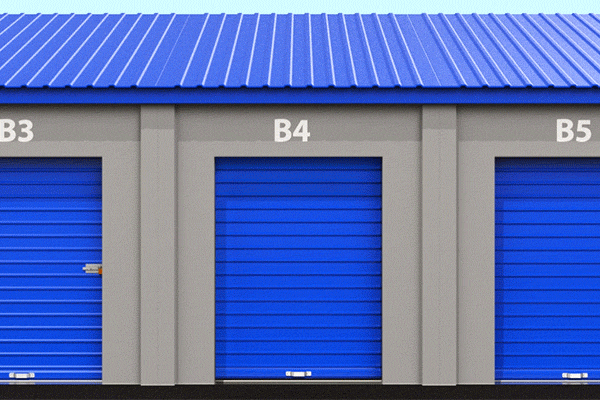

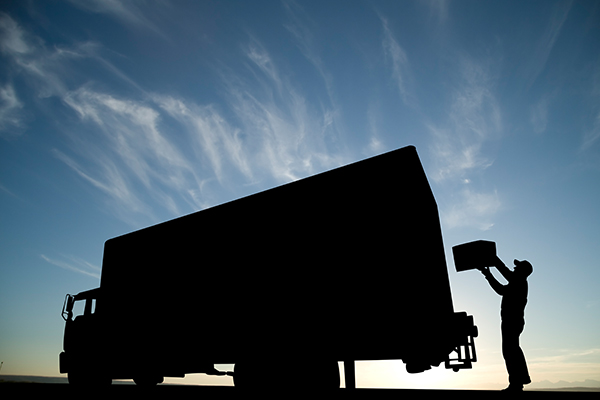
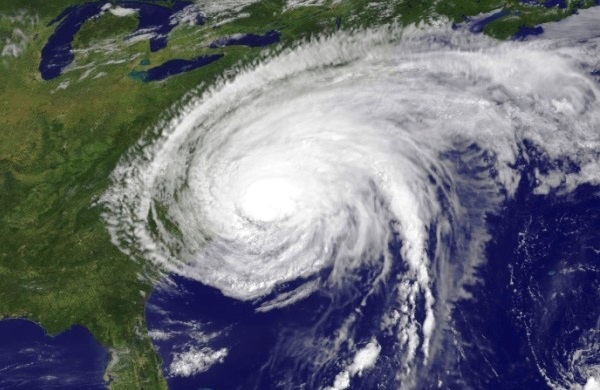
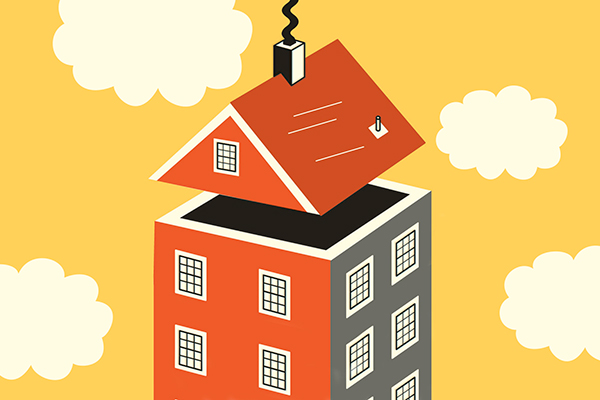
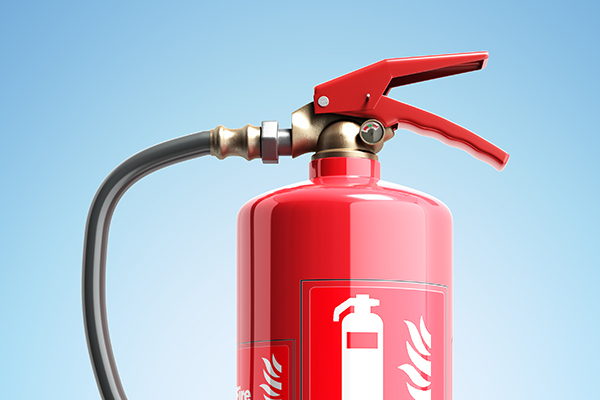

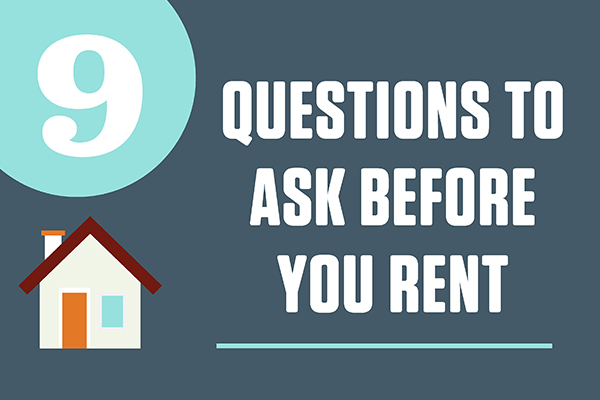
Pat Edwards says,
I have 6 storage units in Albuquerque, NM. I just sold my home and now need insurance until I can find a new home in California
Marco Mena says,
Im moving my personal belongings
To a storege unit please get me a quote I already have a motorcycle policy
Debra Brigham says,
I’ll be moving my household belongings I to a 10×12 climate controlled storage unit. My homeowners insurance expires on January 9th when closing of the Sale of my house. Afterwords I’ll need insurance for my storage unit. I have auto insurance through Geico. Could you please give me a quote. Thanks
Editor says,
Hi Debra,
You can get a homeowners quote at geico.com/homeowners-insurance/
Thanks!
Greg Karrick says,
I would like to get a quote on storage unit insurance. I will be renting a 10 x 10 x 8.9 unit effective Sep 30th. I have to have insurance set up before I get it.
Caitlin miller says,
Moving and putting items in storage. Need a policy.
GEORGE GRANOFF says,
I am selling my home and putting contents in 2 cubesmart storage units. Indoor, secure (locked), surveillance, climate controlled, etc.
I’m looking to insure my contents for 6 months to 1 year.
Tessa says,
It would be nice to show the percentage of what is covered for items in storage. or at least some information regarding those items
MONTY MILLER says,
Shouldn’t you first ask if the stuff you’re storing is worth what you’re paying to store it? Why pay $200 a month to store a thousand bucks worth of stuff then, end up getting rid of it anyway? That’s $2,400. a year for a thousand bucks worth of used stuff you could replace with new for a years rent, IF YOU. EVER DECIDE TO REPLACE IT.
Katherine Ekiert says,
Good articles. Thanks Geico